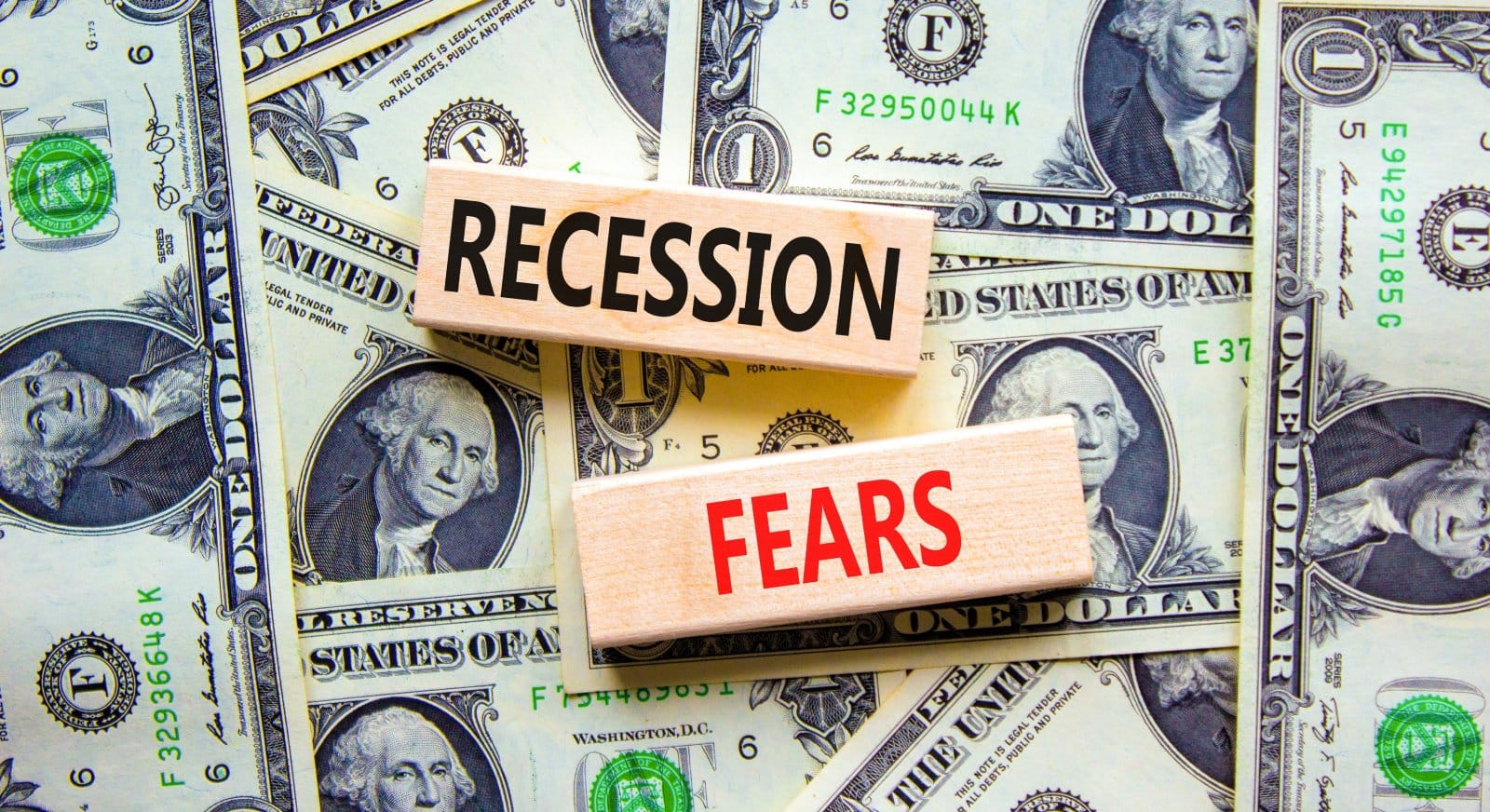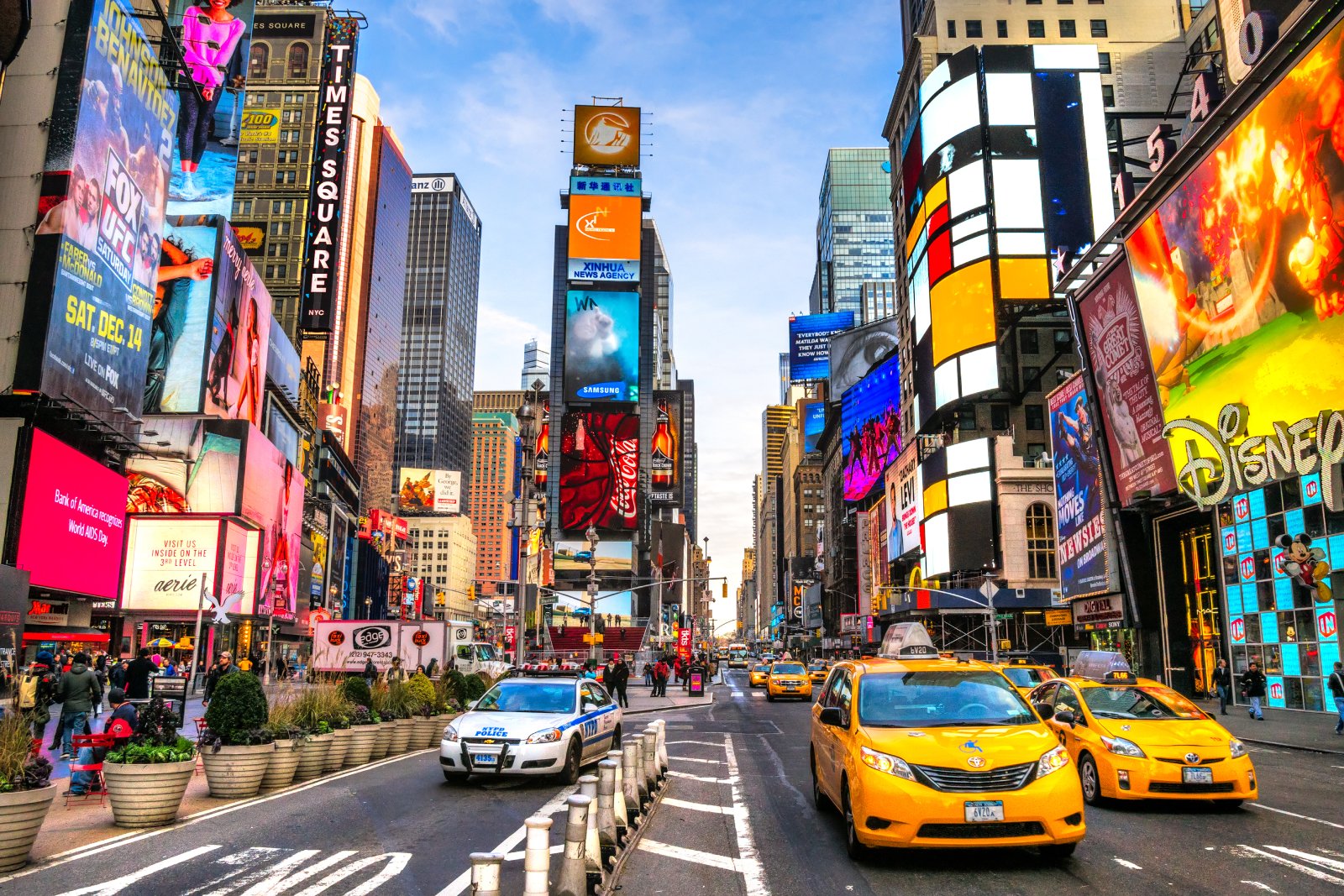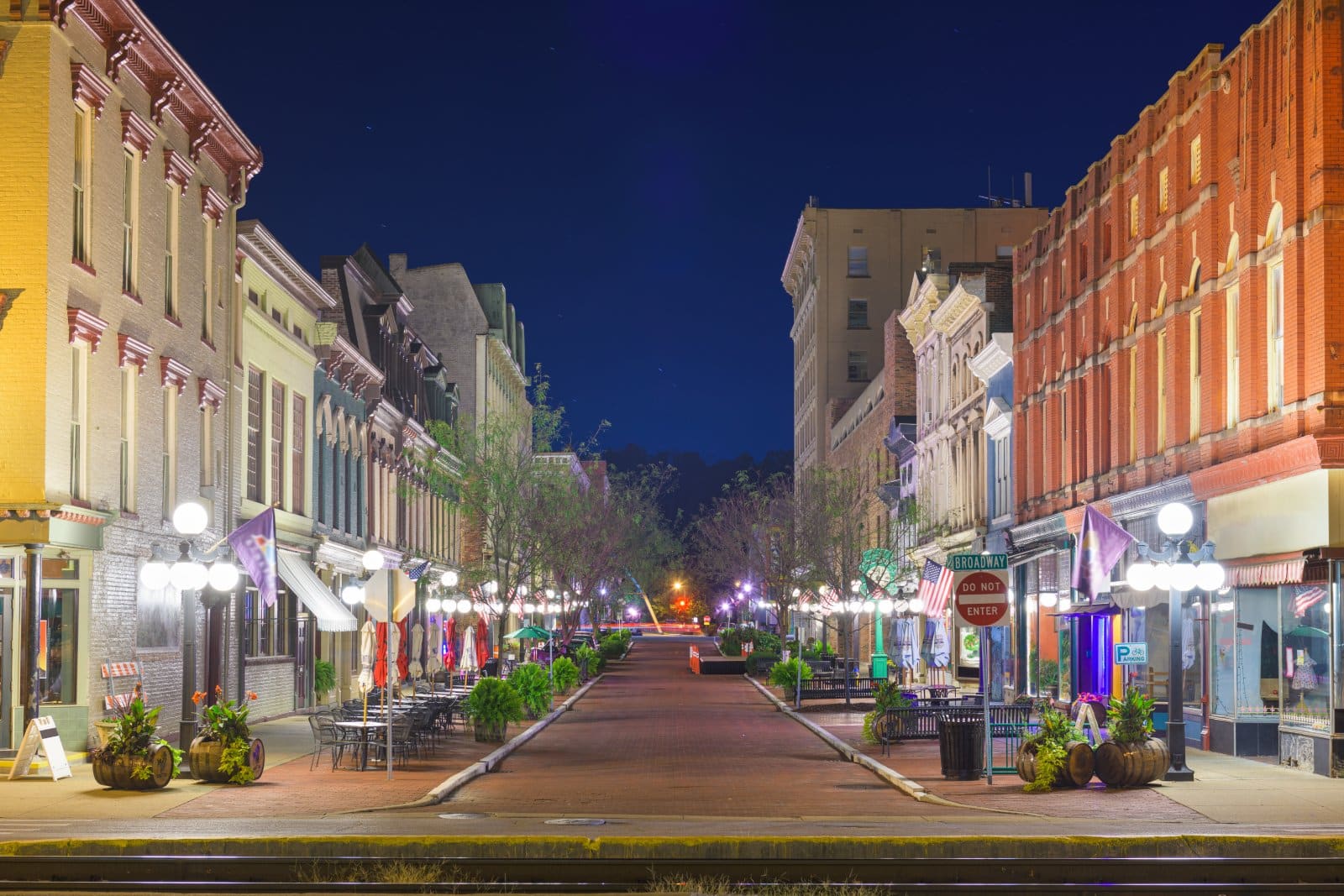Feeling “rich” is an increasingly elusive concept in contemporary society. Even among those with substantial financial resources, only a mere 8% characterize themselves as truly wealthy.
The Perception of the Upper Middle Class

A recent Ameriprise Financial survey reveals the intriguing fact that approximately 60% of investors with $1 million or more of investable assets consider themselves more likely to be upper middle class rather than wealthy.
The Middle-Class Perspective

Contrary to conventional expectations, a significant 31% of respondents from the same survey identify themselves as decidedly middle class, emphasizing a nuanced and diverse perspective on financial status.
Economic Challenges and Financial Confidence

Persistent inflation, high interest rates, and geopolitical and economic uncertainty have collectively eroded Americans’ confidence in their financial standing, including millionaires.
No Standard Definition of Wealthy

“There is no standard definition of what it means to be wealthy, but in general, investors associate it with having the means to live life on their terms,” said Senior Vice President of Financial Advice Strategy at Ameriprise, Marcy Keckler.
The Discontent Among the “Regular Rich”

Even highly paid professionals like doctors and lawyers, often called the “regular rich,” express dissatisfaction with their financial well-being. Surprisingly, some even describe themselves as feeling poor, as revealed in a Bloomberg survey.
Contradictions in High-Income Demographics

A separate survey indicates that among those making more than $175,000 a year – the top 10% of tax filers – a quarter considers themselves either “very poor,” “poor,” or “getting by but things are tight.” This sentiment persists even among those with annual incomes exceeding $500,000 and $1,000,000.
The Discomfort Despite High Net Worth

Despite their high net worth, only 44% of millionaires feel “very comfortable,” according to a report by Edelman Financial Engines, revealing a surprising level of financial unease.
The Ambiguous Path to Feeling Wealthy

Jason Van de Loo, chief client officer at Edelman Financial Engines, asserts that the path to feeling wealthy is an elusive journey that requires “more.” The benchmark for financial contentment, it seems, is a constantly moving target.
Monetary Requirements for Feeling Wealthy

Edelman Financial Engines found that while most people believe $1 million in the bank would suffice, high-net-worth individuals set the bar much higher, with over half stating they would need more than $3 million.
One-third claimed it would take more than $5 million.
Salary and Financial Security

According to a separate Bankrate survey, Americans believe they would need to earn an average of $233,000 to achieve financial security. However, the bar is set significantly higher – at an average of $483,000 – to feel truly rich.
Struggling to Make Ends Meet

Rising costs in various aspects of life, including surging child-care expenses, ballooning auto loans, high mortgage rates, and record rents, make it increasingly challenging for households to make ends meet.
The Rise of Credit Card Reliance

Due to financial strains, more people use credit cards to cover day-to-day expenses. In the past year, credit card debt has surged to an all-time high while the personal savings rate has fallen.
The Decades-Long Deterioration

Mark Hamrick, Bankrate’s senior economic analyst, suggests that the deterioration of the American dream has been decades in the making.
Long-term structural changes have adversely affected Americans’ ability to manage their personal finances.
The Vanishing Single-Wage Earner Household

Hamrick notes a significant shift from a time when a single-wage earner could support a household with children. This change is evidence of the lasting impact of structural shifts in the economic landscape.
Money as the Primary Source of Stress

Jason Van de Loo emphasizes that money continues to be the number one source of stress among households, and recent years have only exacerbated these concerns, igniting a sense of financial insecurity.
21 States Where Squatters Can Legally Claim Your Property

Discover how squatters’ rights, or adverse possession, are more than just legal jargon—they’re stories of unexpected twists in the world of real estate. From sunny California to the historical landscapes of Pennsylvania, here’s how these laws could turn the tables on homeowners and squatters alike. 21 States Where Squatters Can Legally Claim Your Property
14 Things That Are Banned in the U.S. but Totally Fine Elsewhere

Ever feel like America’s rulebook was written by someone with a dartboard? Across the pond or down under, things get even wackier. Let’s take a walk on the wild side of global “Do’s” that are definite “Don’ts” in the Land of the Free. 14 Things That Are Banned in the U.S. but Totally Fine Elsewhere
25 American States Nobody Wants to Visit Anymore

Across the United States, some states capture the hearts and itineraries of many, while others remain quietly on the sidelines, overshadowed or misunderstood. These 25 states, facing what you might call a popularity crisis, are brimming with hidden wonders, cultural riches, and natural beauty, awaiting those willing to look beyond the usual tourist trails. 25 American States Nobody Wants to Visit Anymore
20 Foods That Are Cheaper to Eat Out Than Making at Home

In a world where convenience often wins, certain culinary delights come with a lower price tag when enjoyed at a restaurant rather than crafted in your own kitchen. Here are twenty foods that might save you both time and money when indulged in at your favorite eatery. 20 Foods That Are Cheaper to Eat out Than Making at Home
17 Things You’re Paying For, but You Don’t Have To

In the land of the free, there’s a price tag on everything, but savvy Americans know better than to open their wallets for just anything. Here are 17 expenses you’ve been shelling out for without realizing there’s a cheaper or even free alternative. 17 Things You’re Paying For, but You Don’t Have To
The post Millionaires Identifying with Middle Class: Truth or Myth? first appeared on From Frugal to Free.
Featured Image Credit: Shutterstock / Tyler Olson.
The content of this article is for informational purposes only and does not constitute or replace professional financial advice.
